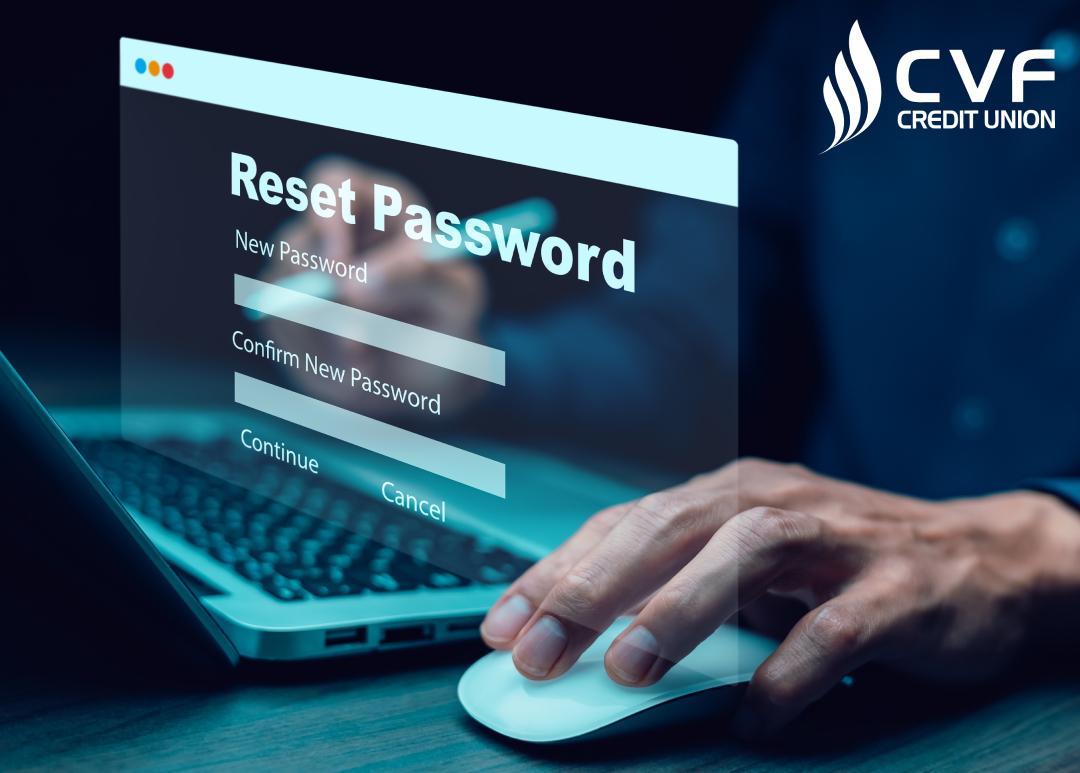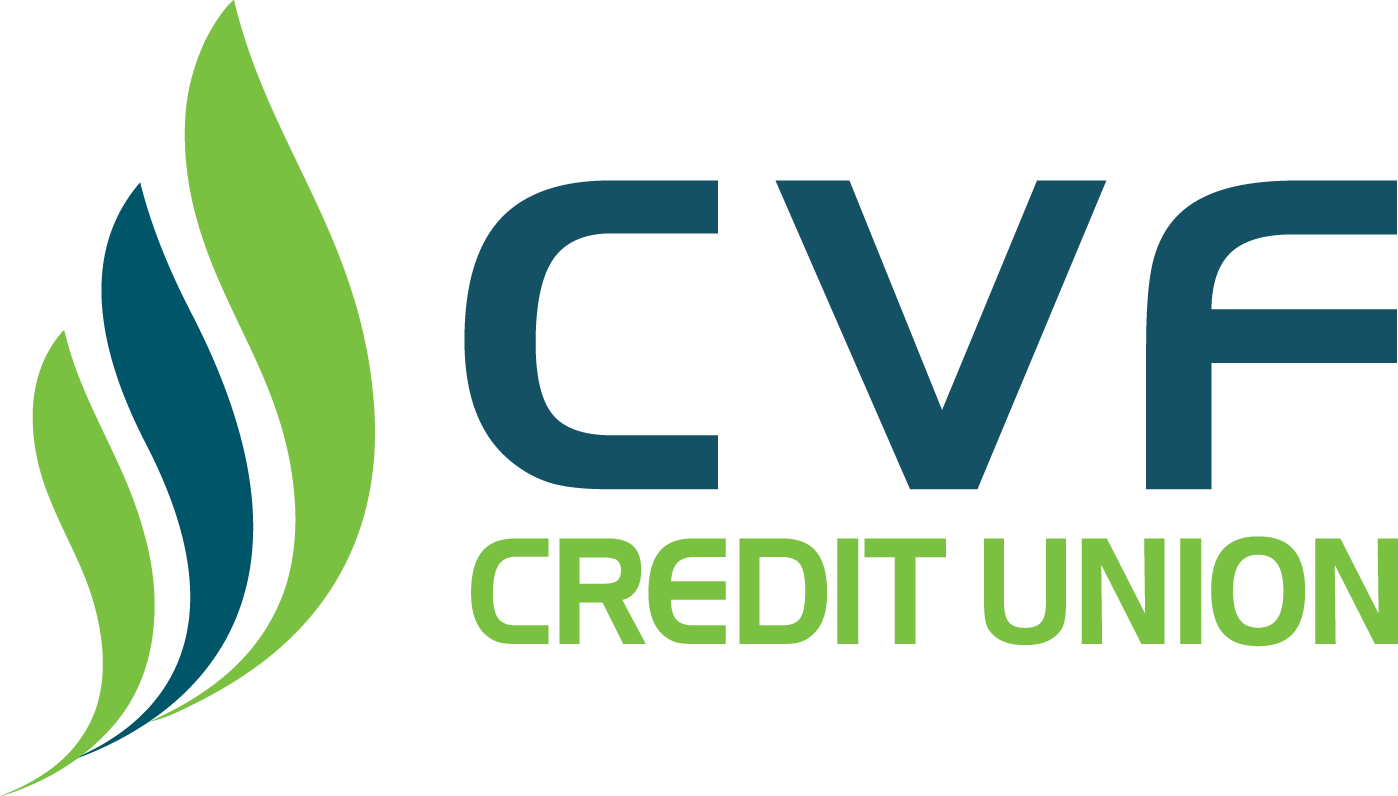
What’s the Password?
If something happened to you today, and your family needed to get into your email, or access your accounts, would they be able to? What happens to your digital accounts if you’re no longer here?
It’s a realization many people have in this digital age. We tend to plan carefully for the disposition of our physical assets at our deaths—homes, cars, and the like—but many people forget to plan for loved ones’ access to their digital assets.
Secure your financial inventory
So, does that mean you should give a relative or close friend a list of your usernames and passwords? Not when it comes to your financial accounts, cautions Doug True, CEO of Forum Credit Union. “We wouldn’t encourage our members to share usernames and passwords with relatives as we don’t feel it’s prudent,” he says. “Instead, we’d suggest a financial inventory stored in a secure place, with a listing of the financial assets, how they’re structured—investment specifics, beneficiaries, what documents are on file—and how to contact the institution holding the assets.”
Don’t forget automatic payments for things like utilities, and cell phones that you’ve set up through financial institutions or directly with businesses. “Your heirs need to be able to go in and stop those, so your estate’s assets aren’t depleted through bills unnecessarily continuing to be paid,” adds estate planning and administration attorney David A. Shulman, Fort Lauderdale, Fla. “And it’s a good idea to secure your will and other important documents with your financial inventory.”
Robert Rutkowski, managing attorney of the Chicago office of Weltman, Weinberg & Reis Co., L.P.A., recommends securing your financial inventory and important documents in a safe deposit box. You can include lists of your social media and other online accounts, too. Check with your credit union to see what safe-deposit box options it offers.
Password Managers
Instead of storing all your passwords on a paper list or Word document, you can choose a digital option called a password manager. This is a database that safeguards all your passwords. You just need to memorize one master password to access all the others.
Many password managers include a feature called an “Emergency Access.” You create a list of the people you trust and to whom you give permission to access this database. Upon your death, these individuals will be able to access your passwords so that they can close your accounts, stop automatic payments, etc.
Anything with a logon
Whether you choose to use a physical safe deposit box, available at some credit unions, or a digital one, make sure you have a complete list of all digital accounts—anything with a logon—securely stored with instructions for your designated representative to have access. Don’t take your passwords to the grave.



